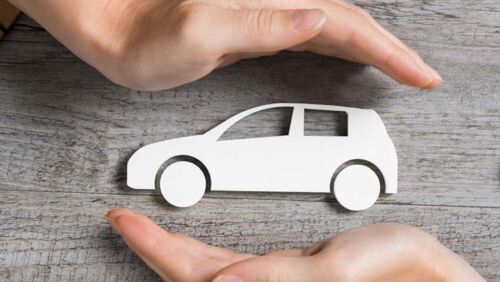Can green cars save money and the environment?
By Money Team
Sales of green cars - or those with lower carbon emissions than petrol cars - are creeping up.
The biggest-selling green cars in Australia are diesel SUVs, with 119,086 selling in 2012, a 37% increase from 2011. They make up almost 60% of all SUVs sold in Australia.
Hybrid cars, which combine fuel efficiency with a conventional vehicle, are proving slower to catch on. Some 13,919 hybrid vehicles sold in Australia in 2012, up from 8820 in 2011.
Electric vehicles are still in their infancy, with 253 sold in 2012, up from 49 in 2011. Petrol cars still dominate car sales, with 514,666 petrol passenger cars sold last year compared with 45,133 diesel.
While green cars can help save the environment, do they save you money too? James Goodwin, director of communications at the Australian Automobile Association, says you need to do your research before making the switch.
"Generally, petrol cars are cheaper to buy and service than a diesel but will use more fuel and have higher CO2 emissions," he says.
"However, a diesel car is usually more expensive to purchase and maintain but uses less fuel. The higher the kilometres someone travels, the better the diesel option can be."
He crunched some numbers to show the different costs of a petrol and diesel manual Hyundai i30. A petrol Hyundai will cost $20,990 compared with $23,590 for a diesel version. The petrol car emits 156 grams of CO2 every kilometre, or 31% more than the diesel car's 119 grams.
The diesel Hyundai is 31% more fuel efficient than the petrol car, using 4.5 litres for every 100 kilometres. This compares with the petrol car's 6.5 litres per 100 kilometres.
What about the upfront cost of diesel and petrol? They are neck and neck. Goodwin says the average national cost is $1.54 per litre for diesel compared with $1.53 for petrol.
But over three years, travelling 15,000 kilometres a year, you would spend $4475 on petrol, or 43% more than the $3118 on diesel.
The cost of servicing your diesel vehicle would be $867 over the three years, more expensive than a petrol car's $657.
So all up, which car is cheaper to buy and run? Petrol comes out cheaper, costing $26,122 compared with $27,575. But the diesel emits much less carbon - 5355 tonnes compared with 7020 tonnes.
Goodwin says new car buyers should consider whether they really need to upgrade, noting the emissions from the manufacturing process.
"It may be better for the environment to keep an efficient, older vehicle on the road if it is well maintained and in good working order," he says.
"People wanting an environmentally friendly vehicle would assume they should look at a hybrid or EV, but they should not ignore developments in the conventional petrol engine.
Many manufacturers are moving to smaller petrol engines for efficiency with a low-powered turbo to maintain performance. These are often close to the efficiency of a diesel but cheaper to purchase and maintain."
Get stories like this in our newsletters.


